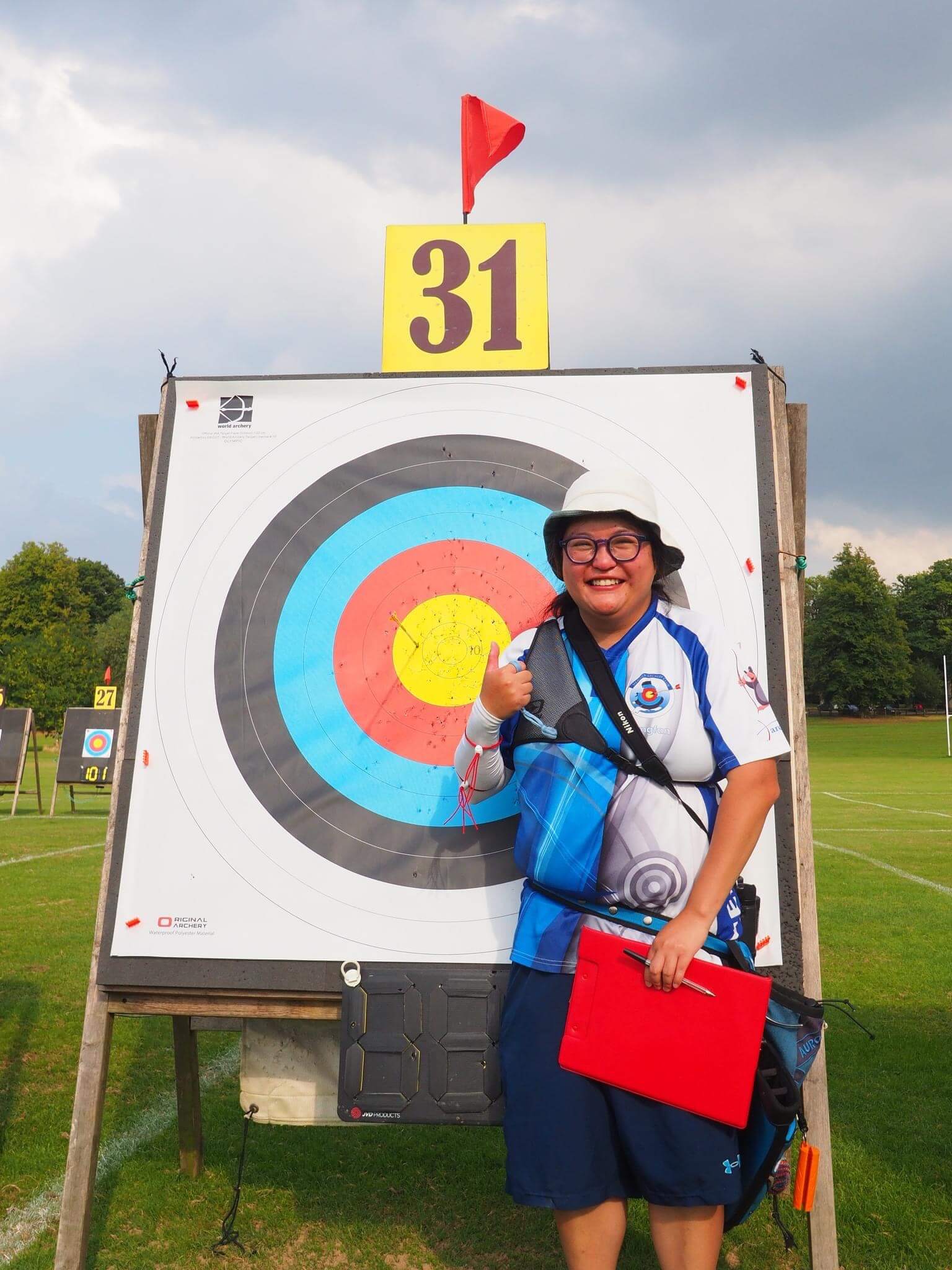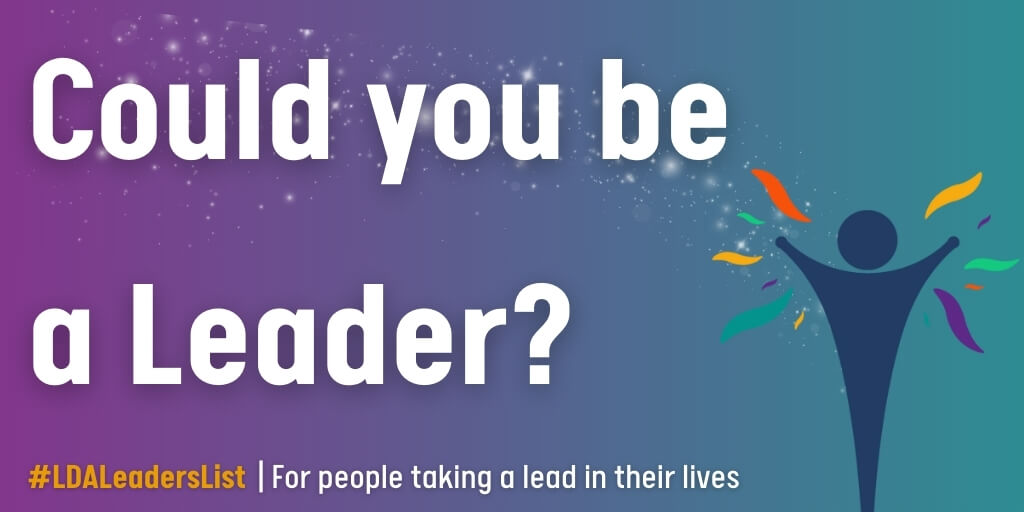Piangfan believes everyone can shoot for the stars
“There are not a lot of openly autistic people in archery. I talk about inclusivity to encourage more people to give it a go because representation matters. I’m an LGBTQ autistic woman, a person of colour, an immigrant in the UK, and I want to tell the world that it’s possible for people like me to achieve my dreams.

Archery is both a physical and mental sport. I’m chasing for perfection and consistency but being autistic means extra challenges for me. There are a lot of clicking and beeping sounds around me; there is also a big social side so that’s hard. I have to try to focus with competitors walking and chatting around me.
In national competitions there are professionals and novices all together which can be intimidating, but everyone is very welcoming.
I have learned a lot from attending these competitions and I’ve made some new friends too. The majority of big competitions in the UK are outdoors which means it can be hot, rainy, windy, or even snowy all in one day!
For me, being wet is extremely overwhelming, but I have to take a deep breath and not give up until the last arrow has been shot. I have had to learn coping strategies because when you want to be going to the Olympics in 2028 you need to be able to shoot in any weather conditions.
“The door is there, just open it and see what happens!”
I’m driven by my dreams, but archery is not a cheap sport, so I’m grateful to be funded by Worshipful Company of Fletchers (a charity that supports disabled archery) which has enabled me to have the best, well-suited archery equipment to compete nationally.
There is a special competition for people with learning disabilities and autistic people called Virtus Global Games. However, archery is not included. I hope this will change soon.
The Paralympic Games are mainly for individuals with physical impairments. I hope to train in the next few years to be good enough to compete for Great Britain in the Olympics especially because ArcheryGB athletes are well funded and receive world-class training at state-of-the-art facilities.

It will not be easy, but I will do the best I can to make it happen!
I’m also in my final year of my Ph.D in genomics. I’m creating a model using cancer patient data to get the right medicine to the right people. I always wanted to be doctor in research so I can help lots more people. Being autistic, it’s also better for me to be in research than having to be face to face with people.
My family in Thailand are proud of what I have achieved and know I’ve loved archery all my life.
“My advice to others would be, never stop wanting to do something you’re passionate about because once it happens it will be one of the most amazing things in your life.”

I am one of the only few Thai disabled individuals to be funded from sixth form to my Ph.D. fellowship.
I represented Thailand at The Nobel Peace Prize Ceremony in Oslo in 2015.
I gave a TEDx talk in 2017 called “We are Differently Abled”. TED means Technology, Entertainment and Design and is a series of talks about great ideas, which originated from TED events (the x means worldwide).
The LDA Leaders’ List award will highlight what it is to be different, and I want people in Thailand to see what is possible, because my choices as a disabled person were limited there.

"Lots of people always told me that because I’m autistic, it’s impossible to study abroad and to get a Ph.D. But there’s always someone who says it’s ok, you've got this. We all need someone who believes in us, and I want to be that someone for others, which is why this award is so important.”











